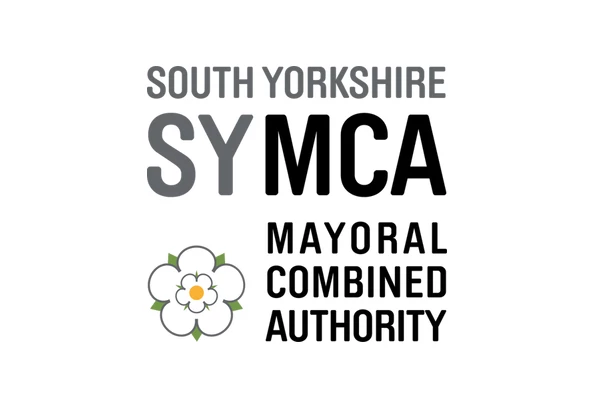
Member Article
How to manage your business’ reputation
By Phil Hall, Chairman of PR, Reputation and Crisis Management agency, PHA Media
When it comes to planning and devising a business strategy for the year ahead, many CEOs and Managing Directors consider investment in technology, talent, contacts and development more important than reputation management. However, in the event of a business crisis, a good solid PR strategy can safeguard your business and facilitate an easy transition back on to the steady road.
Protecting the reputation of your business, personal profile or brand can be employed through many different strategies and tactics. Five reputation management strategies all businesses should apply are:
Be Proactive rather than just reactive
Often the best way to protect your reputation is to take a pro-active rather than reactive approach and planning what you and your company would do in the event of a media storm. This could involve analysing what is on the horizon for your business, any problematic issues and potential issues with employees, suppliers, products or business deals that may escalate. By identifying these issues you can prepare and formulate a crisis plan and execute it if needed.
Build relationships with the media
Make yourself aware of your main target media and analyse platforms that have been critiques before. If your business has been fortunate enough to have been written about in the national press before, smaller business issues will become more a matter of public interest. Some of the most damaging business stories can come from regional and trade publications as they are the ones closest to your business. Once you have identified your target media outlets, it is important to build relationships with them by providing them with a frequent news feed about your business announcements and updates. They will appreciate this and be more inclined to accept a positive news story over the scandalous negative one.
Communicate with stakeholders
Good internal communications and regular communication about business matters with your stakeholders evokes loyalty and effectively builds a stronger reputation. Employees, suppliers, members and investors will become advocates for your business or brand and this is key not only in sustaining a strong reputation but in the event of a crisis. Always communicate with the stakeholders first and chose your method of communication wisely- sometimes it’s not enough to send an email out, especially in today’s digital age. You need to think about how you communicate in conferences, on your website, social channels and internal communication channels.
Identify your crisis comms team
If you haven’t already, you need to identify the team of individuals whose duty it will be to safeguard your company’s reputation and instil public confidence in your company. It is essential that all members of the team have a specific role and are clear on that role in the event of a crisis, i.e. who the main spokesperson is. The crisis comms team may include the CEO or top executives, a media spokesperson, a PR Manager or agency, operations manager or customer service manager, legal advisors, human resources director, finance representatives and digital or social media representatives. Having this team in place is the most important way to manage a crisis and will facilitate the execution of your crisis plan.
Be consistent with your messaging
Developing and centralising your core business messages can be extremely useful in preparing for a crisis and provide you with something to refer back to. This could be in the form of a Q&A document which will help you think through all potential questions that could arise and how best to respond to them. These documents should be shared with the whole crisis comms team, allowing everyone to present a consistent message. You should also establish a process whereby the chief spokespeople on the crisis communication team can gather all the information they would need quickly in the event of a crisis. This will include full details of the publicised story, your company’s positions and all relevant information. In a crisis, timing is everything. If you do not respond quickly and effectively you could lose control of the situation. You should always be clear about what your key messages are and ideally have some statements prepared that can be adapted according to the situation.
Aside from handling a business crisis, it is imperative that you make your business likeable and I truly believe from my experience that personalisation is the best way to do this. By humanising your business, be this through your own or CEO’s profile, customers, staff, investors and stakeholders will start to relate to and identify with your business which evokes brand loyalty and again a good reputation.
This was posted in Bdaily's Members' News section by Phil Hall, Chairman of PR, Reputation and Crisis Management agency, PHA Media .



 How advancements in technology are shaping the future of the economy in North East England
How advancements in technology are shaping the future of the economy in North East England
 South Yorkshire Craftsmanship and Innovation: A Tale of Heritage and Growth
South Yorkshire Craftsmanship and Innovation: A Tale of Heritage and Growth
 Demystifying Degree Apprenticeships
Demystifying Degree Apprenticeships
 Industry-focused apprenticeships pave the way for a bright future in science manufacturing
Industry-focused apprenticeships pave the way for a bright future in science manufacturing
 What’s the best hosting plan for a business website?
What’s the best hosting plan for a business website?